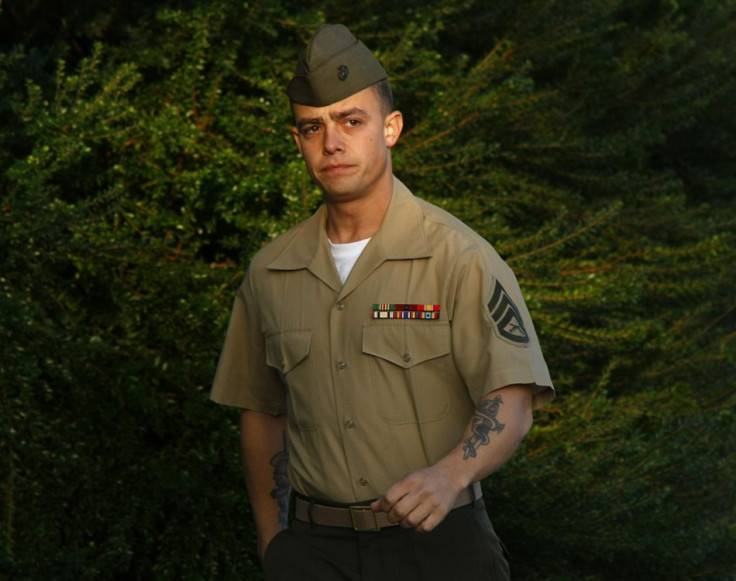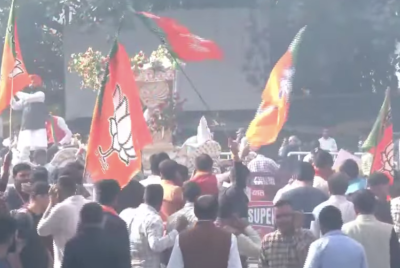The Haditha Incident: US Sergeant Frank Wuterich on Trial for the Murder of 24 Iraqis

The last defendant in the biggest criminal case against US troops in Iraq is due to go on trial in a case that is expected to last three to four weeks.
Frank Wuterich, a 31-year-old Marine staff sergeant, is accused of killing of 24 Iraqis along with his squad in the city of Haditha in 2005.
Wuterich is one of eight marines initially charged. Six of the squad members have had charges dropped or dismissed and one was acquitted.
Wuterich and a member of his squad were accused of shooting five men by a car after a roadside bomb hit his convoy, slaughtering one Marine and wounding two others. The staff sergeant, who was on his first deployment, then allegedly ordered his men to storm several houses to search for those believed responsible for planting the bomb, his attorney said.
Guns and grenades were used in the raid, which resulted in the deaths of 24 Iraqi civilians, including women and children. Months after the incident took place, an investigation began after a reporter began a probe into the deaths in January 2006.
Military authorities said they regretted the loss of civilian lives, but argued that Wuterich had been operating within the rules of engagement and his lawyer is confident that the jury will acquit him.
US Representative John Murtha, a Vietnam War veteran, likened the massacre to the carnage that took place at My Lai in 1968, when American servicemen killed at least 504 Vietnamese villagers. Wuterich has filed a defamation lawsuit over the comments.
After the passage of so many years, the prosecutor will have a difficult time in proving that Wuterich's actions were criminal and not the unfortunate result of being caught in the chaos of war.
"Memories fade, evidence fades or is lost, so that is bound to benefit the accused and that's too bad, because the trial should not be one that favours one side or other," said Gary Solis, a former Marine Corps prosecutor who is a professor of law at Georgetown University.
The case has also been blighted by delays in the gathering of evidence. According to legal experts, investigators missed opportunities to collect evidence from the scene immediately after the killings and to speak to witnesses while their memories were still fresh.
© Copyright IBTimes 2025. All rights reserved.




















